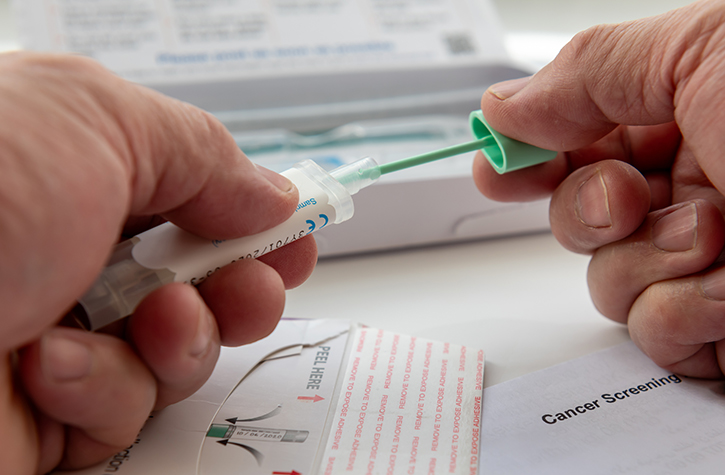ABC News Radio
(NEW YORK) — Women who gain more or less weight than recommended during pregnancy give birth to kids with an increased risk of childhood obesity, new research suggests.
Researchers found that normal-weight women who gained more weight than recommended had children who were 80 percent more likely to become obese. On the other side, normal-weight women who fell short of the recommended weight-gain guidelines were 63 percent more likely to have had a child who will eventually become overweight or obese, according to the study published Monday in the American Journal of Obstetrics and Gynecology.
Call it the “Goldilocks effect” in pregnancy weight gain. And while research is uncovering numerous factors that can influence the risk of childhood obesity, the results of this new study suggest that weight gain during pregnancy is an important factor.
Indeed, while only 14 percent of children born to women who gained the right amount of weight according to recommendations set forth by the Institute of Medicine were overweight or obese, 20 percent of the children born to women who gained more weight than recommended were above a healthy weight themselves. And 19 percent of the children born to moms who did not gain enough weight while pregnant were overweight or obese.
Obese children are more likely to have more medical problems earlier in life, and most will remain obese into adulthood, according to past research.
“We need to find ways to help women achieve appropriate weight gain — for her health and the child’s — during pregnancy,” said study author Monique Hedderson of Kaiser Permanente in Northern California, who added that the notion that a woman is eating for two is a misconception.
“Sixty percent of women gain too much during pregnancy, and there needs to be more intervention to help women achieve a healthier weight gain during pregnancy,” she said.
More surprising, perhaps, is the idea that women who do not gain enough weight have children who face similar obesity risks as those born to women who gain too much.
“Women that come to clinic that are self-conscious about weight gain during pregnancy, we now have data that shows that not gaining enough is an actual detriment to both the mom and child,” said Dr. Amanda Calhoun, an obstetrician-gynecologist at Kaiser Permanente who has worked with the research group. “This study shows that, for clinicians, we need to take the Institute of Medicine seriously about the benefit of target range weight gain for both mom and child.”
In 2009, the Institute of Medicine created an updated set of guidelines regarding weight gain in pregnancy. According to the guidelines, obese women should gain 11 to 20 pounds over the course of a pregnancy. Overweight weight women should gain 15 to 25 pounds, normal-weight women 25 to 35 pounds, and underweight women 28 to 40 pounds.
The study is an important reminder that pregnant women should keep an eye on weight gain, both for their health and for their baby’s, ABC News Senior Medical Contributor Dr. Jennifer Ashton said.
“We know in obstetrics that a mother’s weight gain can and does have important fetal and neonatal effects,” said Ashton, who is also a practicing ob-gyn. The take-home message here is that pregnant women should strive for the middle ground: ‘average’ weight gain during pregnancy: not too little, and certainly not too much.”






